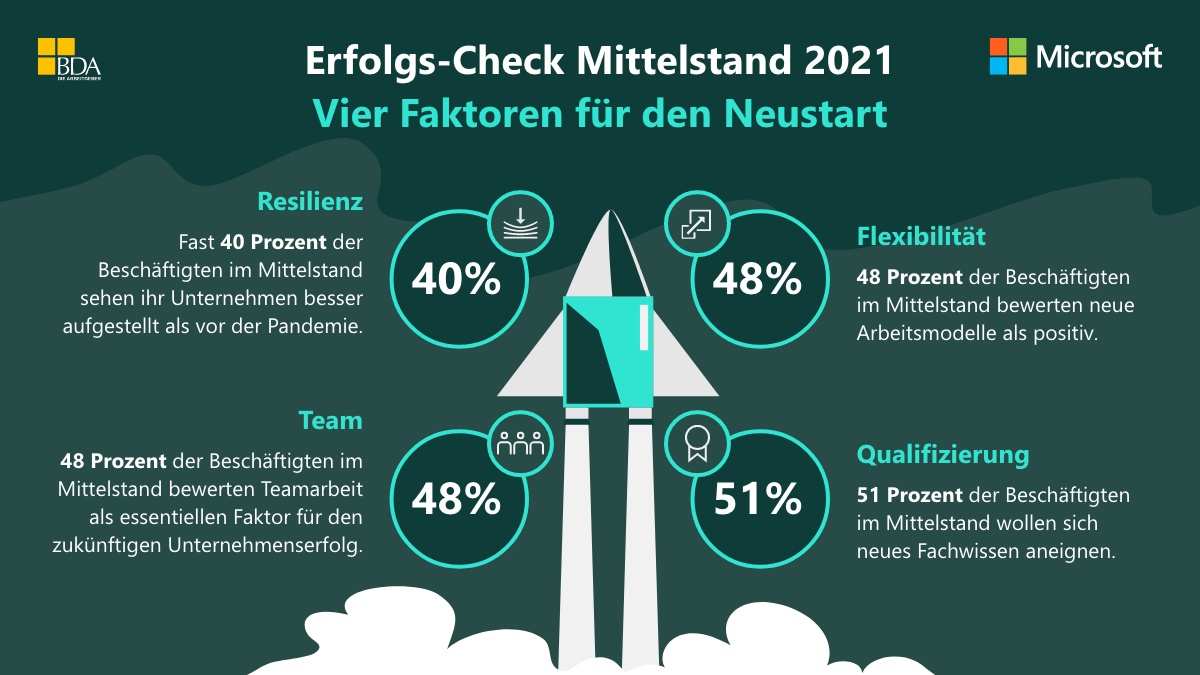- TOPICS
-
-
- Employment and Labour Market
- Labour law and collective bargaining policy
- General applicability
- Industrial action
- Labour & collective bargaining law
- Working time
- Time limit
- Works Constitution
- Bureaucracy reduction
- Data protection
- Protection against discrimination
- Parental leave
- Posting
- Insolvency
- Protection against dismissal
- Minimum wage
- Co-determination
- Mobile work
- Maternity protection
- Pandemic
- Care time
- Self-employment
- Tariff autonomy
- Collective Bargaining Agreement
- Collective bargaining unit
- Tariff policy
- Collective bargaining
- Collective agreement
- Part-time work
- Restructuring
- Holiday law
- Contracts for work
- Whistleblowing
- Temporary work
- Education and vocational training
- Training market
- Professional orientation
- Education policy
- Education 4.0
- Dual education
- dual study
- Permeability
- Early childhood education
- Higher Education Funding
- Lifelong learning
- Teacher Education
- Reorganization of education and training
- STEM Professionals
- Economic education
- Accreditation/Quality assurance
- SCHOOLBUSINESS Germany
- Digitalization and innovation
- Europe and International Affairs
- Social policy and social security
- Old-age poverty
- Work made in Germany
- Occupational safety
- Contribution and registration law
- Company pension scheme
- Shortage of company doctors
- Health insurance
- Long-term care insurance
- Mental health
- Pension insurance
- Riester pension
- Social self-government
- Social insurance
- Accident insurance
- The future of social security
- Taxes & Finances
- Economy & Society
-
-
-
- Newsroom
- The BDA
- Members

Success Check Medium-Sized Businesses 2021 by Microsoft and BDA

Fit for the new start - Successful companies are more flexible, team-oriented and digitally positioned than before the pandemic
The majority of Germany's SMEs are well placed for a successful new start after the Corona crisis. This is shown by the results of a representative survey conducted by the data and analytics company Civey on behalf of Microsoft and the Confederation of German Employers' Associations (BDA). According to the survey, the four success factors resilience, flexibility, team and qualification are crucial for a new start out of the crisis. Many companies today are much more flexible, team-oriented and digital than before the pandemic. Employees' willingness to learn has increased once again, and targeted offers for further training are now falling on fertile ground.
As the "SME Success Check 2021" shows, the majority of SMEs score particularly well on topics such as more flexible working models and improved communication options; they create satisfaction among employees and at the same time strengthen the future viability of the organisation. In every fifth company (20.5 percent), the corporate culture has become more flexible. Around one third (30.4 percent) of employees experience the increasing flexibility, also through the development of digital possibilities (30.0 percent), as a positive development in their company even during the crisis. The positive response to flexibility as a success factor also radiates into the future: almost half of the companies (47.6 percent) see themselves better positioned for the digital future than before Corona thanks to flexible working models. At the same time, 52 percent of respondents name adaptability and flexibility as the most important factor in tomorrow's competition.
"Corona has provided an unimaginable digitalisation boost in Germany, especially in our working world," commented BDA Chief Executive Steffen Kampeter at the presentation of the survey as part of #futurework21, the largest festival on the future of work: "We must not fall back into old patterns now: New Work means New Normal. A modern working world should also be reflected in a contemporary legal framework." It is crucial that the right lessons are now learned from the crisis, he said. "Flexibility has proven to be a decisive advantage for companies and employees alike. Policymakers should now use this tailwind to incorporate flexibility as a positive factor in modern labour legislation. Investments in digitalisation make a decisive contribution to the adaptability of companies," said Kampeter.
Teamwork increases competitiveness
Most SMEs are digitally well equipped for the new start, with four out of ten companies (39.6 percent) seeing themselves in a better position today than before the pandemic, although a good third (34.3 percent) see themselves in a worse position. A decisive success factor for the good performance is teamwork with digital tools (52.1 percent) in conjunction with improved communication options (53.6 percent). Almost half of the respondents (48.3 percent) believe that teamwork will play an important role as a competitive factor in the future. This makes it all the more important to realize that teamwork needs to be learned. Around one in five companies (21.3 percent) still sees a need to catch up when it comes to team skills.
"The SME sector has picked up speed during the crisis and not only improved the digital status quo. No one wants to do a roll backwards on topics like home office or digitalization. On the contrary, it is now a matter of moving towards a modern corporate culture that sees teamwork and flexibility as a competitive factor," says Marianne Janik, CEO of Microsoft Germany. "Employees welcome a more flexible working environment, which is also expressed in modern teamwork. The needs of employees and the requirements of the market and competition fit together very well at this point. This is a good prerequisite for a successful new start."
Culture matters - and qualification is becoming a decisive issue for the future
As the "SME Success Check 2021" shows, SMEs can draw strength from the resilience they have developed to further modernize and strengthen their own corporate culture. Human interaction will become even more important. Even today, 36 percent of those surveyed consider empathy and empathy to be decisive factors for success. When it comes to training, however, up-to-date knowledge is the hard currency. Employees expect investments in effective training programs for knowledge transfer (49.6 percent) in order to master the digital transformation and secure the future. For three out of four employees in SMEs (71.25 percent), continuing education is important and a natural part of the digital transformation. Janik: "A lot of new things were learned during the pandemic and employees' willingness to learn is higher than ever. Successful companies are taking advantage of this for a successful new start and are now investing specifically in the qualification of their workforces - and thus in their own future." Microsoft's skills initiative shows just how much potential digitalization offers at this point. Since last summer, 30 million people worldwide have taken advantage of the digital training opportunities, and in Germany the figure has been one million people achieved."
Together with the SCHULEWIRTSCHAFT Networkthe German Institute for Economic Research (IW), supported by the Confederation of German Employers' Associations (BDA) and the Institute of the German Economy (IW), Microsoft has launched a Future Skills Initiative to improve the employability of young people. The topic of skills is also widely discussed at #futurework21. Under the motto "You never stop learning - what further training will look like in the future", Dr. Max Senges, among others, will present his novel training facility for software engineers 42 Wolfsburg, which is also supported by Microsoft. The ideas workshop at futurework21 will also focus on qualification in medium-sized companies and the skills of the future.
Microsoft and the BDA commissioned the data and analytics company Civey to conduct a representative survey for the "SME Success Check 2021". Civey surveyed 1,000 employees of German companies in April and May 2021.
Further information:
- Summary of the survey results for download here
- #futurework21 website: https://www.futurework.online/futurework21.html






